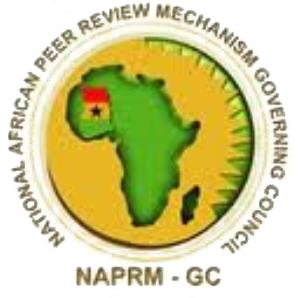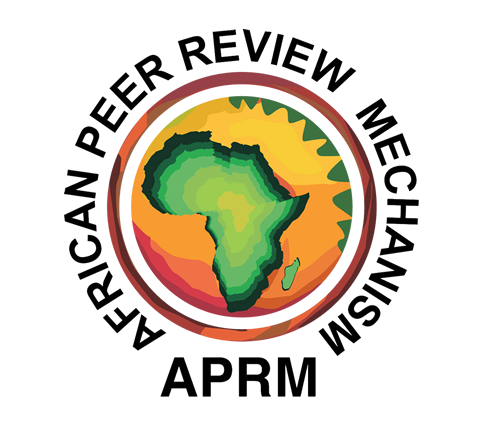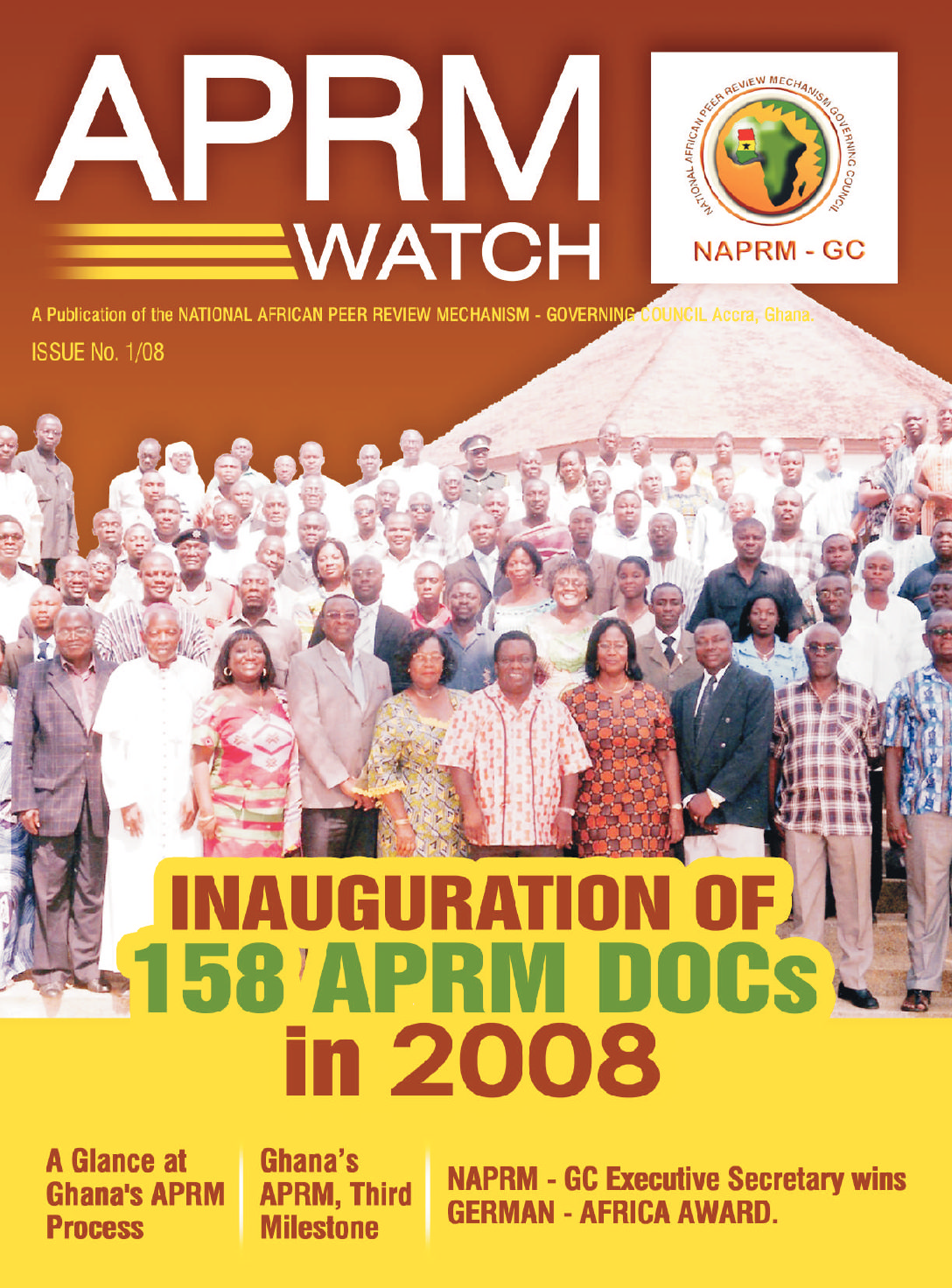The South African Institute for International Affairs (SAIIA) and the United Nations Economic Commission for Africa (UNECA) shared the roles their institutions have played to promote the APRM. Tsoeu Petlane of SAIIA said his institute has been one of the Technical Research Institutions (TRIS) of the APRM in South Africa and has built research alliances with other TRIs and Civil Society Organizations in twenty APRM countries. He said SAIIA has also provided resource persons to assist with the APRM in Lesotho, Zambia, Kenya and Uganda and has produced documents and publications including the APRM toolkit and manuals. There are however challenges in the pursuit of its mission because governments are hesitant to provide support because of fear of politicization by the media and opposition by political parties and civil society organizations. SAIIA has had to help some APRM countries to raise funds to address capacity-gaps but thinks governments will have to understand that politicization and misunderstandings are inevitable because the APRM is a continuous learning process. This way, research coalitions can be built at the local and national levels to strengthen the APRM.
Dr. Kojo Busia of UNECA emphasized that the APRM has a specific methodology for conducting research and it has to be followed otherwise it will be misinterpreted. The role of technical research institutions has been clearly defined as a result of concerns raised that some results are not evidence- based. He explained that TRIS are expected to among others conduct scientific, evidence-based research to determine perceptions of governance structures and processes in APRM countries; should have the institutional and professional capacity to participate in research on the APRM and should be real professionals, insulated from political influence. Though international research institutions are now getting involved in APRM research, they do not have the mandate to participate in the national process. Some of the challenges and constraints in research by indigenous institutions is that it is not constituency-based and lacks the ability to canvass for particular policy positions and also because research funds are not readily available, they are unable to validate, test and analyze data collected before a report is compiled. Such research constraints, Dr. Busia said can compromise the integrity of indigenous TRIs. He concluded that the APRM is hinged on values so it is vital for TRIS to demonstrate substantial commitment to its values and principles.
Participants agreed on the need for the documentation of historical information about the APRM including the challenges, the benefits and the impact of the APRM on individual countries. The absence of impact will make people lose interest in the process. A number of suggestions were made:
- NAPRM-GC Secretariat should document the WACAA conference for posterity Ghana should share her experiences on how she is doing with funding and how to sustain the APRM?
- How did Ghana select members of the Governing Council?
- How is Ghana accounting for resources provided from the national budget?
- What strategies Ghana, as the Mecca of good practice used to get the people to buy-in the APRM?
- How Benin has succeeded even with a smaller APRM Commission?
- The need to encourage African Research Institutions to participate in the APRM
Mr. Tsoeu Petlane- SAIIA
Dr. Kojo Busia of UNECA


 newsletter-compressed
newsletter-compressed